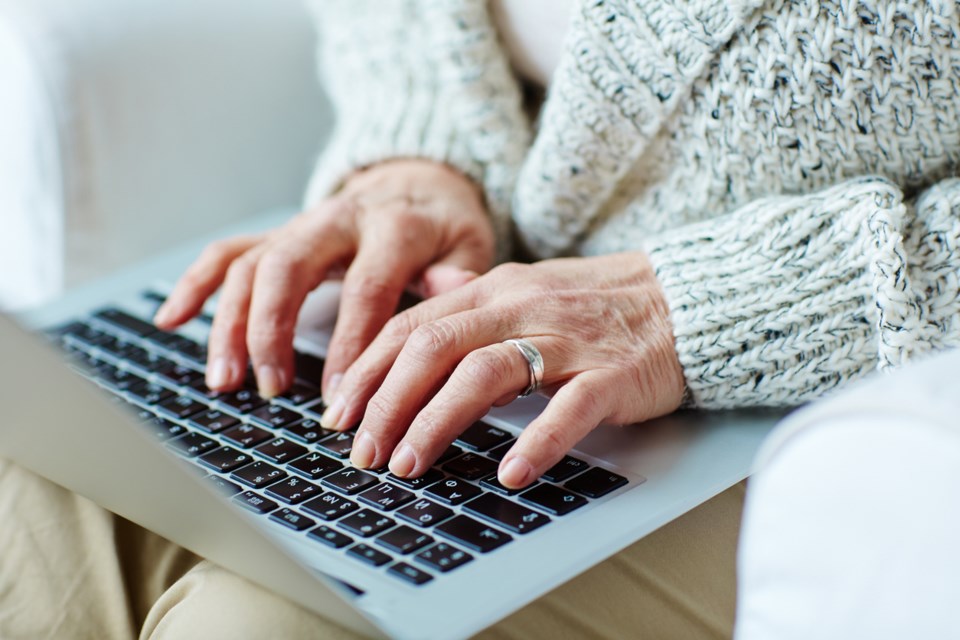In the wake of the COVID-19 outbreak, a local tech entrepreneur has launched an online tool to connect willing volunteers with vulnerable members of our community. The website, covidhelper.org, was created by Sam Chandola, founder of V2 Games and the startup development company Audacia Ventures.
The purpose of the online tool is straightforward – to connect those with a high-risk of contracting COVID-19, such as seniors or those with pre-existing conditions, to volunteers who are willing to deliver supplies, such as groceries and medicine. The service enables individuals to continue self-isolating and not risk being out in public in order to restock their essential supplies.
“I believe that human beings are largely good and want to help each other, especially in times of crisis,” said Chandola. “For every person who is profiteering from hoarding hand sanitizers, there are 10 out there who are willing to help.”
The idea for the website came to Chandola after seeing people in his own social network offering help online. “I saw several online posts from people willing to help those who are at most risk, but the only way someone in need could connect with them was if they already knew them. What about those people who are not in their network and still need help?”
“My whole career, I’ve used technology to solve problems,” he added. “I know there are good people out there who want to help and there definitely are people that need help, so we asked, ‘What could we build to connect the two together?’”
After building the website over the course of a week, it was launched Tuesday morning and already more than 200 people have signed up as volunteers. Users of the website select either “I can help” or “I need help,” before filling out their name, email and postal code. When somebody requests help, the site’s algorithms automatically send out contact details to the closest registered volunteers.
Once there is a match, the participants are invited to connect, but Chandola encourages users to engage in conversation before deciding to trust someone they haven’t met with their home address. “Just like everything else on the internet, there will be lots of good and some bad,” he said. “We ask people to use reasonable discretion when using the platform.”
Chandola empathizes with those who have been marginalized and left isolated by the threat of the COVID-19 virus. “I can’t even imagine what it must be like. It’s probably extremely hard for someone to be in that situation,” he said. “Both of my parents live in New Delhi, which is quite far away. For people like them, whose family may not be really close to them, how and where would that support system come from?”
For those in a high-risk category of succumbing to the virus, this service helps to assist them avoid unnecessary travel and potential exposure. It also facilitates those in the community that want to help those who need it most right now, says Chandola.
“It aims to bring out the best in humanity,” he said.
For more information, visit covidhelper.org
Note: This story has been updated since first published.



